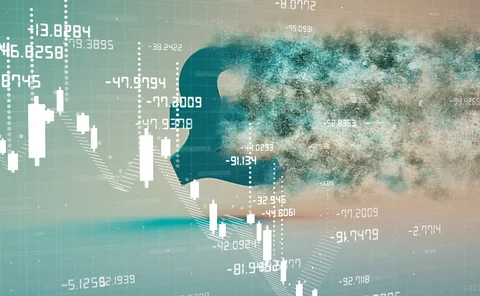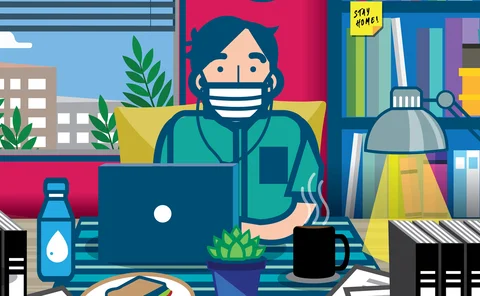Covid-19: Pandemic risk – Special report 2020
The economic devastation wrought by Covid-19 is already significant: the hits to employment, gross domestic product and other key macro factors regulators ask banks to test to has already surpassed supervisors’ severely adverse scenarios, and shows every sign of getting considerably worse before it gets better.
Once markets normalise, it seems unlikely firms will simply re-base their assumptions on the pandemic being the worst case for probability-of-default models, for instance, or gauges of interest rate volatility, and continue to model markets the way they always have. Even if models aren’t supplanted, they will rightly be subjected to challenge more routinely via alternative approaches.
A willingness by banks to cast aside the old and revisit the notion that the future can be predicted by selectively replaying the past should be embraced: it could unleash a period of immense creativity in risk management. As former Chicago mayor and investment banker Rahm Emanuel once observed, it’s a hell of shame to let a good crisis go to waste.
Download the full 2020 Covid-19: Pandemic risk special report in PDF format
Copyright Infopro Digital Limited. All rights reserved.
As outlined in our terms and conditions, https://www.infopro-digital.com/terms-and-conditions/subscriptions/ (point 2.4), printing is limited to a single copy.
If you would like to purchase additional rights please email info@risk.net
Copyright Infopro Digital Limited. All rights reserved.
You may share this content using our article tools. As outlined in our terms and conditions, https://www.infopro-digital.com/terms-and-conditions/subscriptions/ (clause 2.4), an Authorised User may only make one copy of the materials for their own personal use. You must also comply with the restrictions in clause 2.5.
If you would like to purchase additional rights please email info@risk.net
Rewards for failure: the ECB’s topsy-turvy market risk relief
Eurozone banks with better models are least able to offset Covid-driven rise in backtesting multiplier
Risk doesn’t wait for market close
Many market participants rely on end-of-day batch systems to perform analytics and, in the current environment, they may see significant negative impacts on their business. Leila Sadiq, front-office risk head of product at Bloomberg, explores how the…
FRTB comes too late for Covid crisis
Expected shortfall would stop Basel 2.5 duplicate capital charges, but backtesting still a problem
Big banks worry small lenders could derail Libor switch
As UK regulator reiterates 2021 warning, dealers say Covid-19 is forcing smaller lenders to divert resources
Why credit risk managers need to see around corners
The Covid‑19 pandemic – and the subsequent extreme volatility – has exposed the fragility of long-established market and supply chain systems, affecting borrowers’ ability to repay debt. David Croen, global head of credit risk products at Bloomberg,…
CSDR buy-ins – next on the regulatory chopping block?
A big jump in trade fails is adding to doubts about the EU’s settlement discipline regime
CCPs failing to set effective margin limits – study
Clearers must strike balance between countercyclicality and sensitivity to risk
A new risk era – Recovering stronger from the pandemic
Jose Ribas, global head of risk and pricing solutions at Bloomberg, discusses how risk management at financial institutions is changing in the wake of the pandemic and the subsequent volatility, the role of regulations and how technology can help risk…
Investors trade the drama out of the crisis
How LGIM, Axa IM, Manulife and other buy-siders tackled the toughest markets since 2008
Crisis exposes flaws in US financial stability regime
Former Fed chair Yellen calls for reform after failure to curb corporate leverage ahead of Covid-19
Inside March madness with Citi’s Tuchman
Interview: Trading rooms went virtual, central banks stepped up – but some platforms flopped
Quants pitch in to improve pandemic models
The finance industry’s quants are trying their hand at modelling the virus and its economic impact












